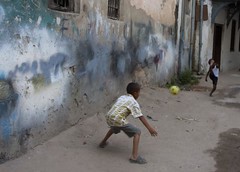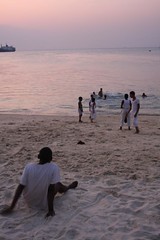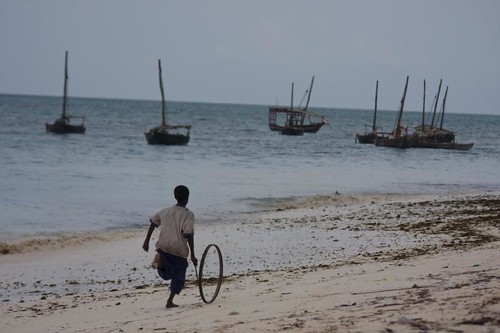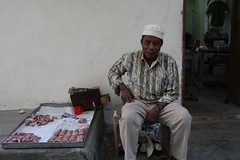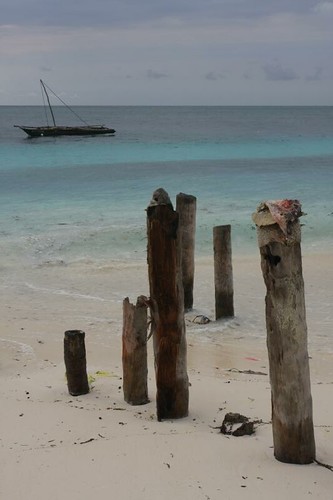According to the United Nations, over 1 billion people live in slums. With the global increase in movement from people from country-side to urban cities following WWII, the number of slum residents is expected to double over the next 2 decades. Some slums approach a million residents such as that of Dharavi in Mumbai, India.
The process of slum upgrading has both practical and ethical development components. On the practical side, there's a question of what a healthy community needs. Things that we take for granted, such as running water, sanitation, roads, and street lighting need to be put in place. All the other things that make a healthy community, such as commercial shops and markets, schools, banks, also need to be considered. Buildings need to be upgraded as they may have been built from whatever material was available and affordable.
Kosovo slum, Nairobi, Kenya-

Often, getting water for washing, cooking, and cleaning is a daily chore. Water access may come from a community tap spliced off a main city line. Slum residents may spend 15 minutes to fill a 20 liter jerrycan and have to pay costs that far exceed which rich neighborhoods have to pay for their water tanks. Water access is just one example of the many injustices slum residents endure daily.

In addition to the practical, there's a human rights issue. What's the use of implementing "upgrades" if the slum residents don't have secure land tenure? Residents may be living on government or private land for decades and without even a moment's notice they could be evicted and their homes demolished. Furthermore, slum upgrading is a process attempting to establish equity. But it may not be equitable for all. If a new road is put in place, where will it go and who will lose their homes? There are no simple solutions...
A-ok


